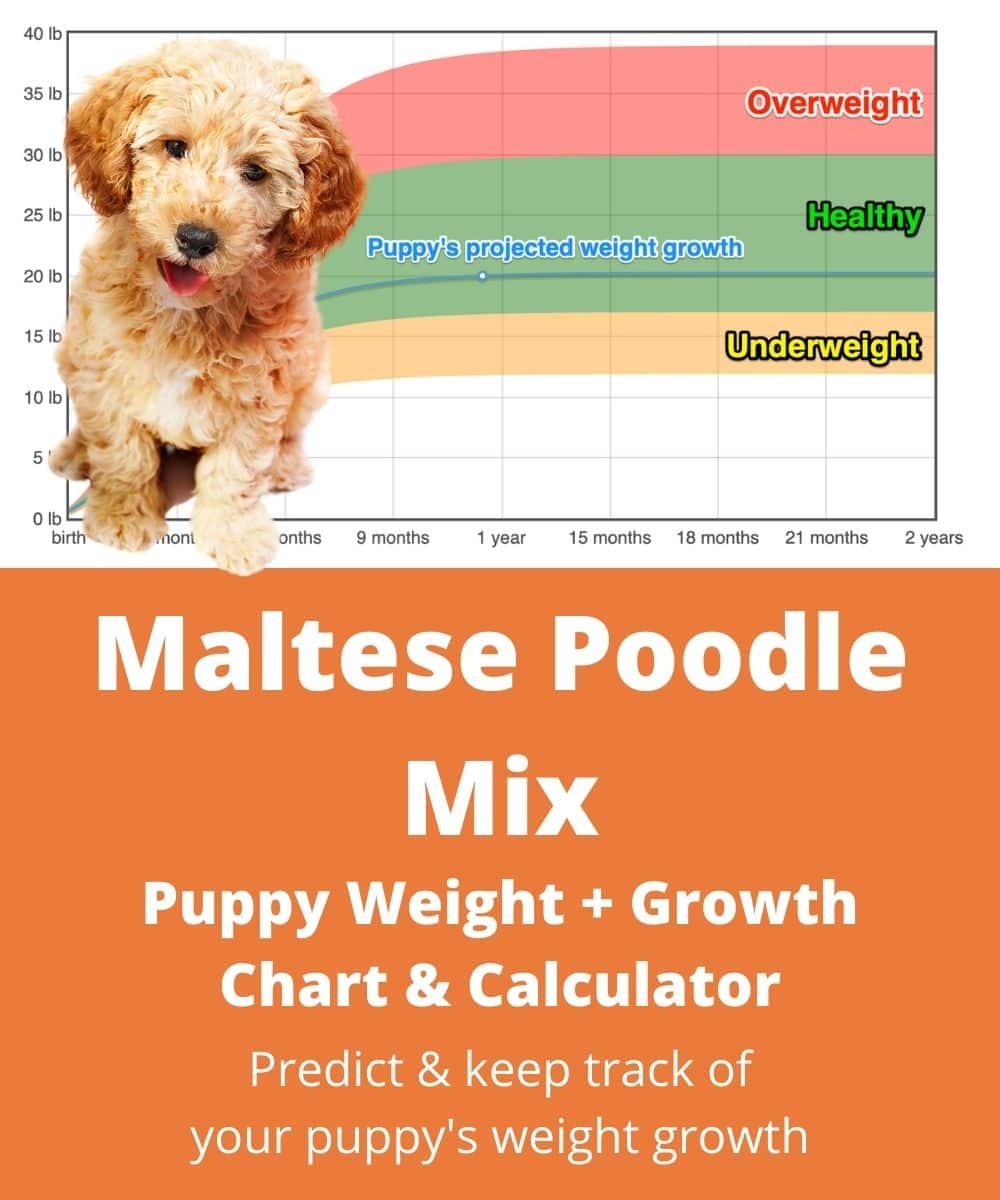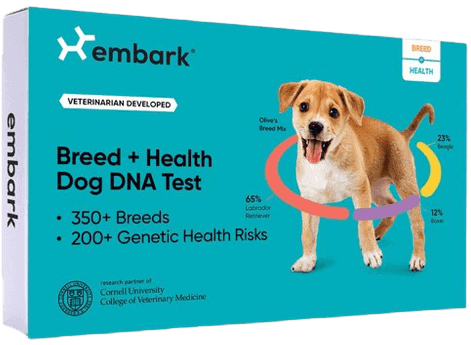
How big will your Maltipoo puppy grow into?
Estimate the adult weight of your Maltipoo puppy in 5 simple steps using our free puppy weight chart!Protect your beloved pets without breaking the bank
- Unlimited video calls & texts with vets
- Available 24/7
- Annual $3,000 emergency fund
- LIMITED TIME - 7 DAYS FREE trial
- SPECIAL OFFER - 20% OFF 1st month
Code: GOODY20
- Flexible coverage
- Hassle free claims
- Multiple pets family plan
Quiz Time!

Can Alcohol Cause Weight Gain In Dogs As It Does In Humans?
As a dog parent, you are always battling the temptation to feed your furry bestie off your plate and cup. What harm would that French fry or that sip of juice do, right? In general, it is never a good idea to feed your dog human food. It is particularly unwise to give the doggy alcohol.
The problem is not that your dog will get buzzed and misbehave. The consequences of giving a dog alcohol are usually more dire. Alcohol affects dogs in a lot of ways that are similar to the effect of humans.
One of the biggest concerns is the effect on metabolism especially if you have an obese doggy. So what does alcohol do to dogs? Does it cause weight fluctuations as it does in humans?
Let’s find out.
Alcohol and weight gain in humans
If you are a regular consumer of alcohol, then you may not need further confirmation that alcohol actually does cause weight gain in humans. It does that in one of 3 ways.
The first is that some forms of alcohol actually have a very high caloric value. Alcoholic drinks like beer, ciders, wine, and most cocktails have upwards of 125 calories per standard serving. If you take a few a night over a long time, these calories will eventually add up and start to show.
Another way in which alcohol increases your chances of gaining weight is by increasing your appetite for junk food. You could call these the booze munchies. For some reason, alcohol highs and hangovers trigger cravings for the unhealthiest of foods.
When you are drunk all of a sudden nothing can complete your life the way a nice slice or cheesy burger would. It also doesn’t help that the inebriation makes it difficult to make good choices.
Finally, alcohol causes weight gain in humans by interfering with metabolism. This makes your body less efficient at burning fat. Some people are more likely to experience this shift than others but it is still a significant mechanism to consider when it comes to alcohol and weight gain.
How does alcohol affect dogs?
Back to our big question, does alcohol affect dog weight in the same way it does humans? The answer is, not exactly. This is because it never gets the chance to stick around in the doggy’s system long enough for such effects.
The effects of alcohol on dogs tend to be more acute and dramatic. The one thing we have in common with our furry buddies is the fact that they also experience the central nervous systems of alcohol. These include loss of coordination, lethargy, and drowsiness.
Furthermore, alcohol has a toxic effect that is felt the most in the gastrointestinal tract. Your dog will most likely end up experiencing diarrhea, vomiting and retching, abdominal discomfort, low blood sugar, and dehydration. The worst part is that it takes a very small amount of alcohol to elicit these dramatic effects.
To put it bluntly, the kind of long term alcohol use that would cause weight gain in a dog would most likely cause life-threatening side effects before any changes on the scale.
Don’t try it for yourself. Take our word for it. Your dog will be safer and healthier for it.


